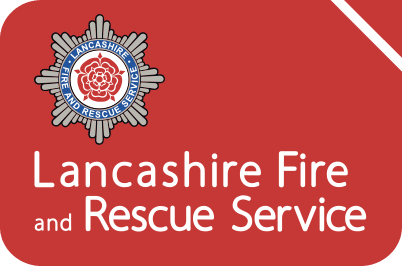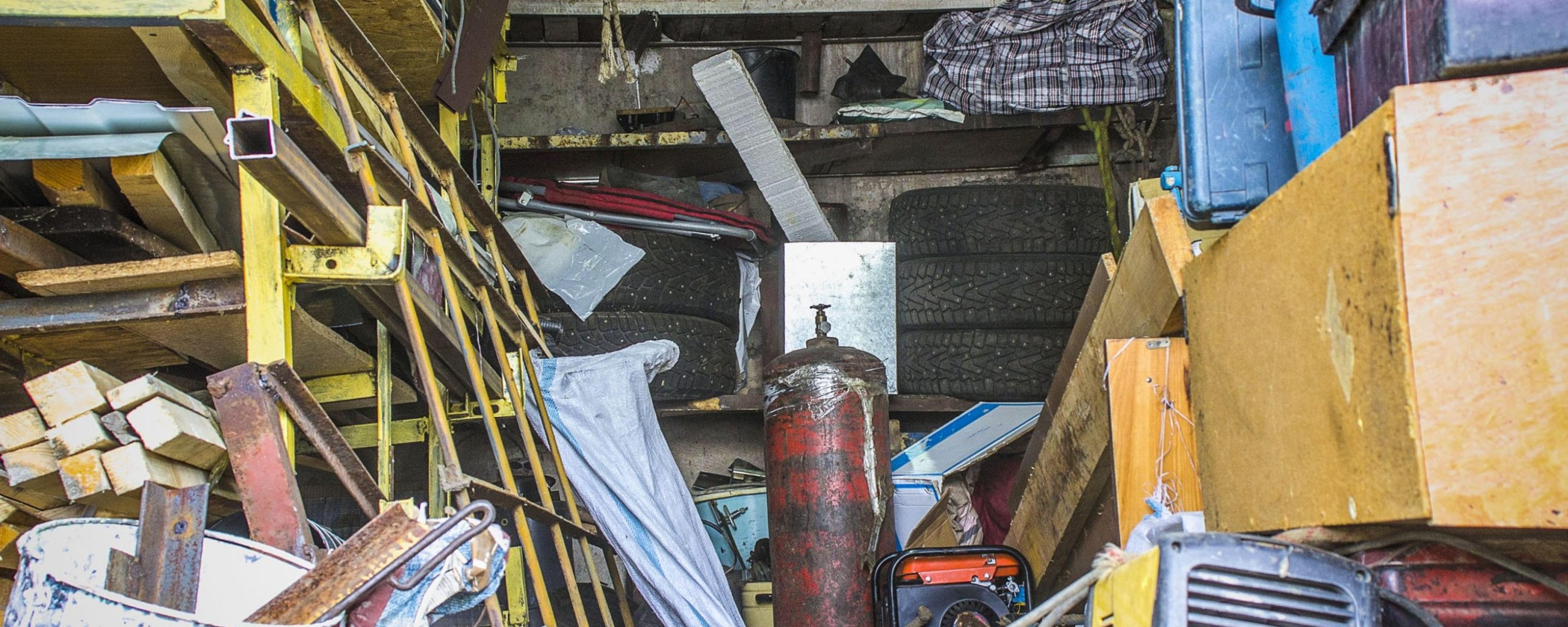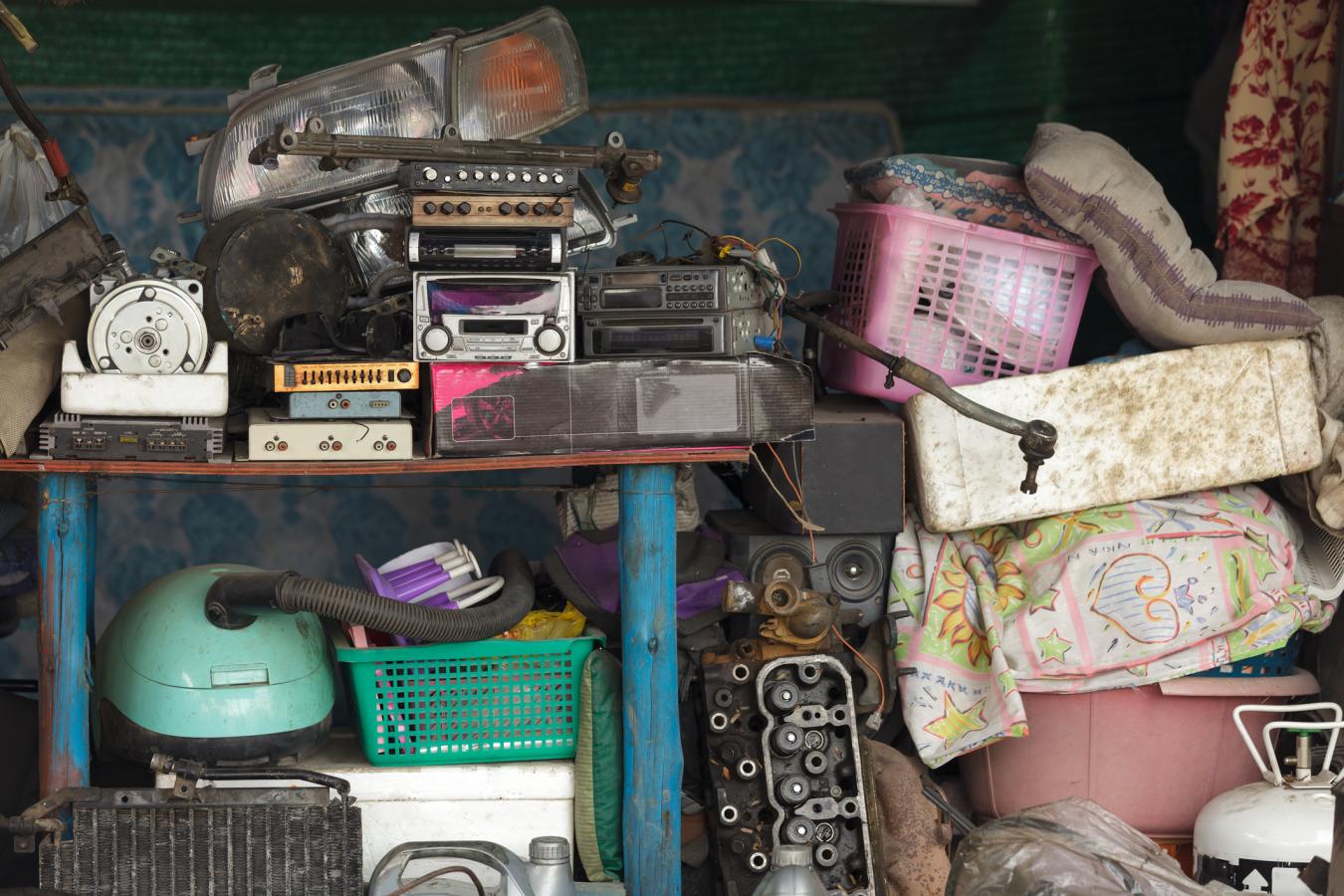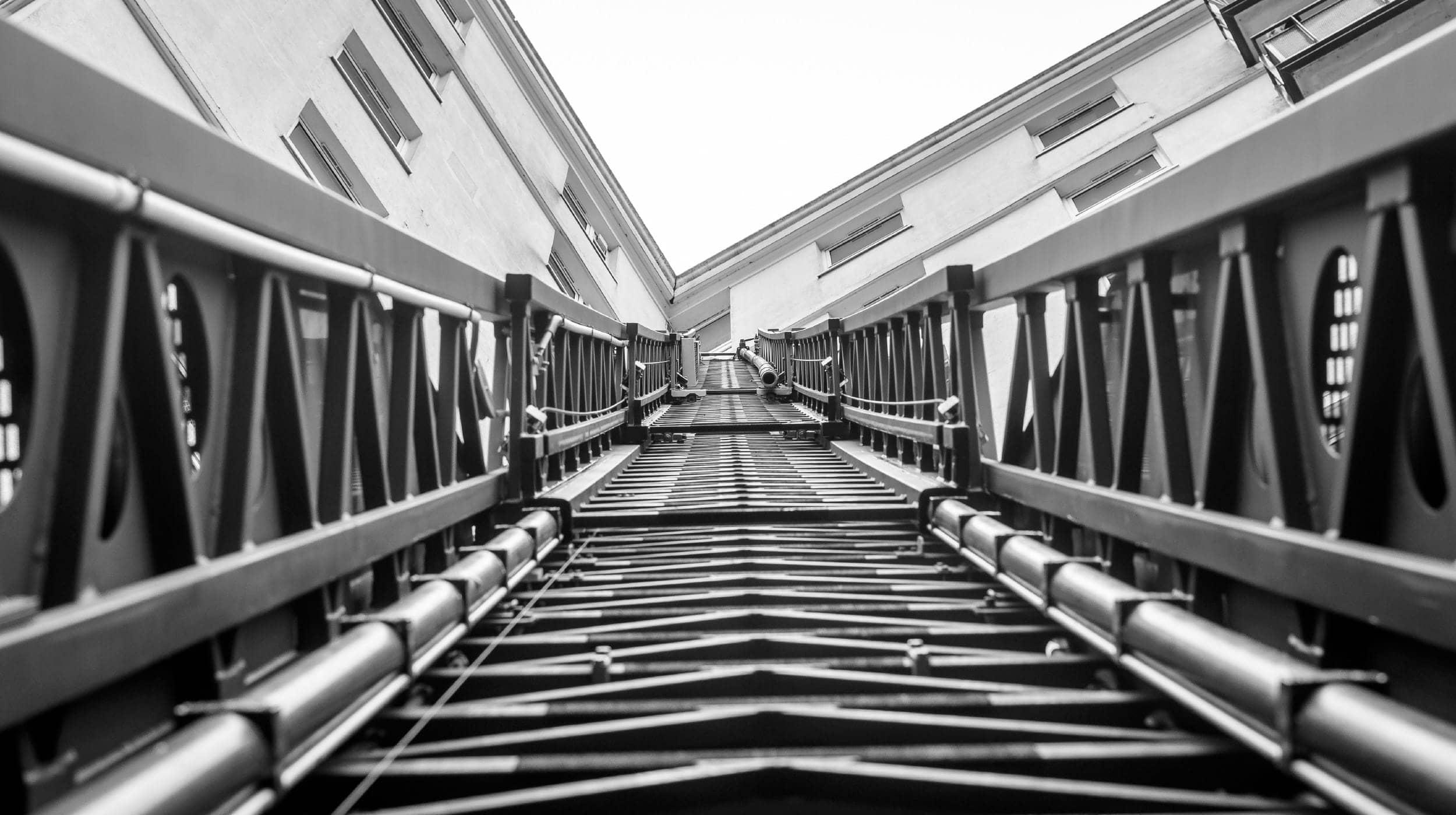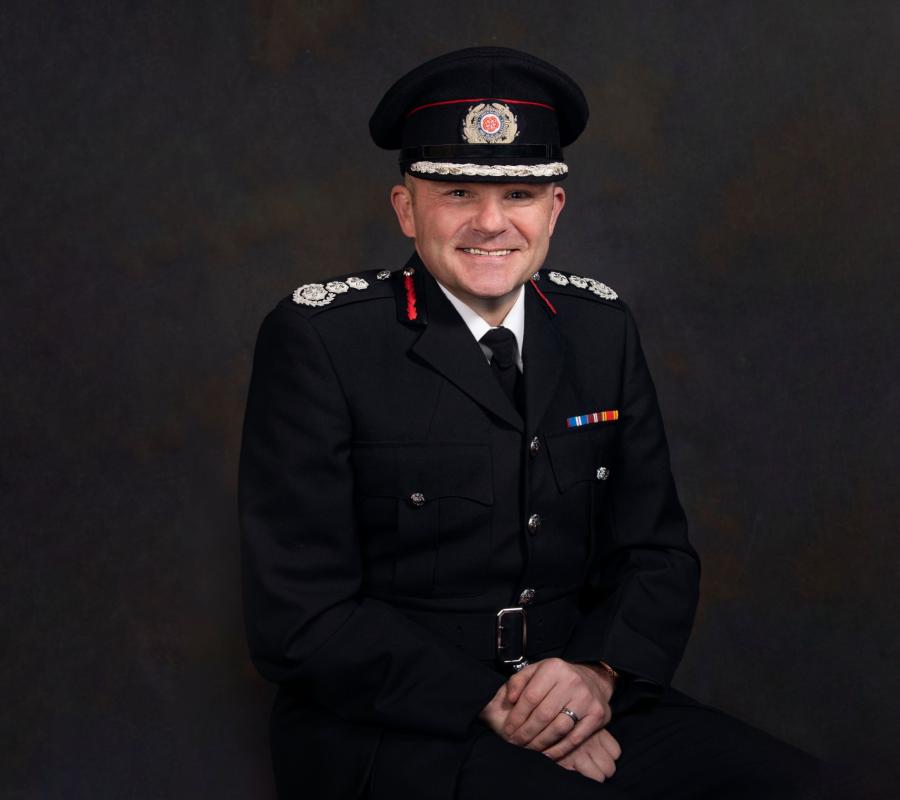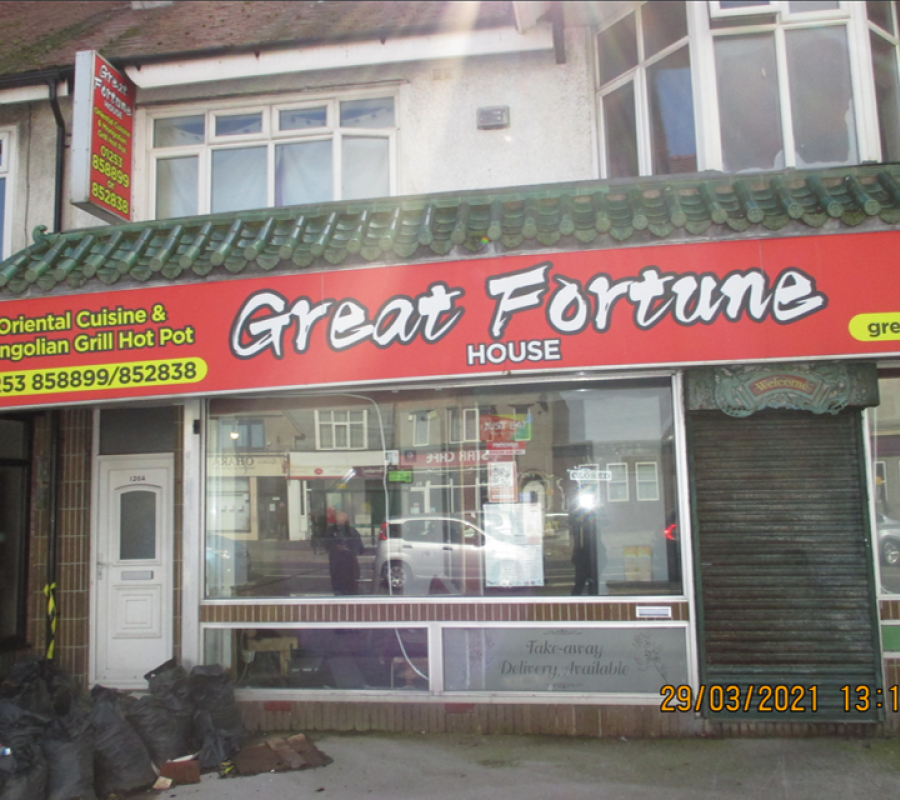Hoarding and what it means for fire safety
If a person is hoarding a lot of items, it can affect fire safety within their home. This is because a fire would have access to lots of fuel, especially things like newspapers, magazines, and books. Any potential escape routes might also be blocked by the person’s excessive number of possessions. When these exits are blocked, it can be impossible for someone to safely leave the property if a fire starts.
Any fire that does start will likely spread very quickly through the building. This makes hoarding very dangerous, especially around heat sources like electric heaters, candles, and gas hobs.
If you are worried about a loved one’s hoarding behaviour, please complete the form on our home fire safety check page. Our expert team will provide you with personalised fire safety advice. If you meet certain criteria, we will also visit the property in person to see how we can improve your loved one’s safety.
When someone you know is hoarding, it can feel quite overwhelming to try and deal with. We are here to help make sure your loved one is safe.
There are several straightforward things you can try to improve overall fire safety in the home of a hoarder. However, hoarding is complex and not always easy to manage. Make sure you get the support you need to try and deal with the problem.
